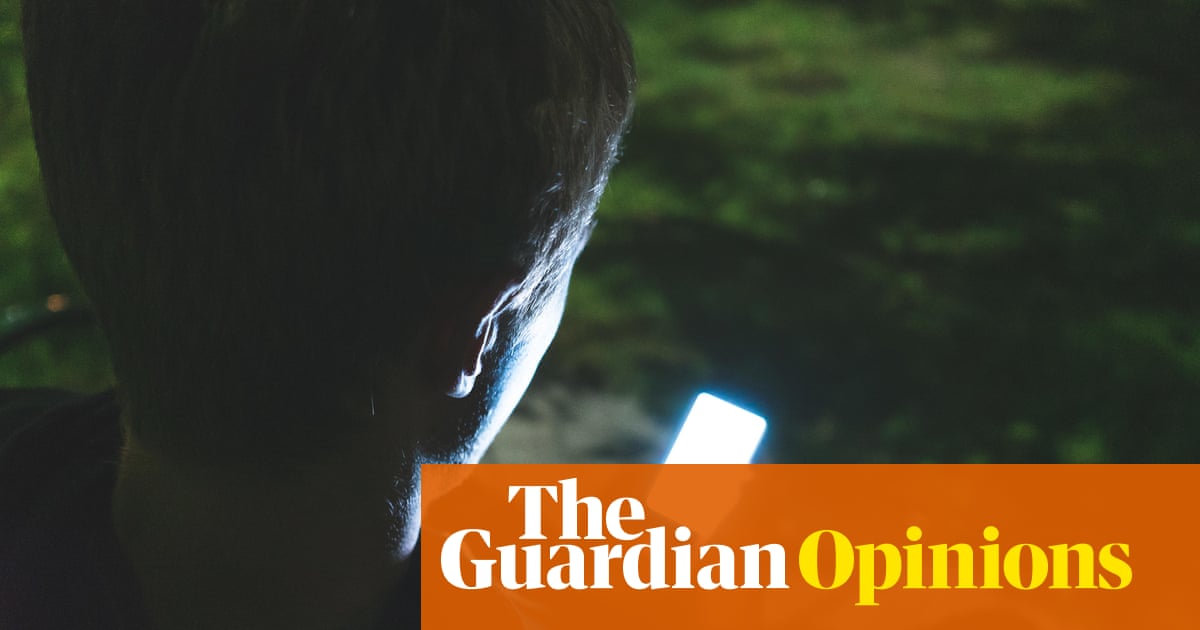
The Bondi Junction attacker and the teen who allegedly stabbed the bishop used knives, but judging from the online reaction to both events, many of us have a different weapon in our hands: our smartphones.
Some fault lines simmer under our headlines – landlords v renters, ute drivers v EV advocates, zoomers v boomers. But sporadic moments of horror reveal our trust deficit.
After the stabbings at Bondi Junction, Sydney student Benjamin Cohen was falsely identified as the attacker, on TV, websites and about 50,000 posts on X (formerly known as Twitter), with many targeting Cohen’s Jewish identity.
Fifty hours later, after the knife attack in a Wakeley church, a crowd of about 2,000 supporters of the injured bishop allegedly injured police officers and damaged property. Several reports confirmed that social media was used to inflame the tensions. Both incidents were followed by uncensored videos and misinformation for which X in particular is now under fire.
Both post-attack escalations had telling similarities. A disregard for truth. An elevation of pre-existing prejudice. The inflammatory power of social media.
They also reflect something that has crept into our public square that fuels disproportionate disfunction. Contempt. More than mere disagreement, it thinks less of those with whom we disagree. We don’t just reject ideas and identities, we dehumanise those who hold them. This “othering” leads us to – as theologian Miroslav Volf puts it – exclude others from the community of humanity. In societies, contempt is kryptonite to social trust.
Hurt is weaponised. Differences are moralised. Those not like us are stigmatised. And – in the words of screenwriter Aaron Sorkin – “It seems that more and more we come to expect less and less of each other.”
Erika Ferszt, a brand consultant, has warned of the chilling reality that a lot of the grumpiness stirred up on social media is deliberately engineered for profit. If technology is the bodyguard of modern tribalism, then social media companies need to do better. But so do we.
We self-checkout at supermarkets, work from home, shop online and have fingertip access to limitless entertainment. This virtualisation of life can blur the humanity of those outside our circles, fuelling our prejudices and enabling misinformation to flow. As New South Wales premier, Chris Minns, commented after the Wakeley church attacks: “It’s very difficult to maintain community cohesion when outright lies are spread within the community.”
A less embodied and more virtual world requires less courage and graciousness. We can think less before we type and judge more quickly before we retaliate. The second rule of Fight Club seems to be that if you own a smartphone, you have to fight.
On a per capita basis, Australia is the most culturally diverse country in the world. Pretty much anyone can reasonably feel like a minority. “Othering” is easy.
In his recently published book The Anxious Generation, social psychologist Jonathan Haidt backs religion as a force for social cohesion and goodness. He has in mind Jesus’s call for people to love their enemies, not just their neighbours. This implies a responsibility to have each other’s backs and to offer the benefit of the doubt to those who are different.
Haidt calls for “spiritual elevation” through more embodied and shared experiences. This chimes with the late French sociologist Émile Durkheim’s idea of “collective effervescence” – that feeling of energy when a group of people shares a moment. We see it when Taylor Swift comes to town, at footy finals time or when the Matildas go within a whisker of World Cup glory.
Maybe we can recreate miniaturised glimpses of collective effervescence in everyday life. Think public parks, public transport, playgrounds, sporting events, religious services, restaurants, community theatre and libraries. These are places where we naturally encounter people we don’t know. They’re not always easy or comfortable places, and after the Bondi Junction attack a certain reluctance to frequent public spaces is understandable, but they can still offer opportunities to increase social trust, which boosts the secretion of oxytocin – the “cuddle hormone” – and brings us closer together, even amid our disagreements and diversity.
Building social trust requires empathy and vigilance. In his book about Scott Morrison, Sean Kelly correctly warned against the false idea that Australia is no longer “becoming, but a country that has arrived at its state of perfection.” The vital signs of our ailing social fabric confirm that we are far from perfected.
We are, as ever, on the brink. There is work to do, but we have what we need to get on with it – each other.